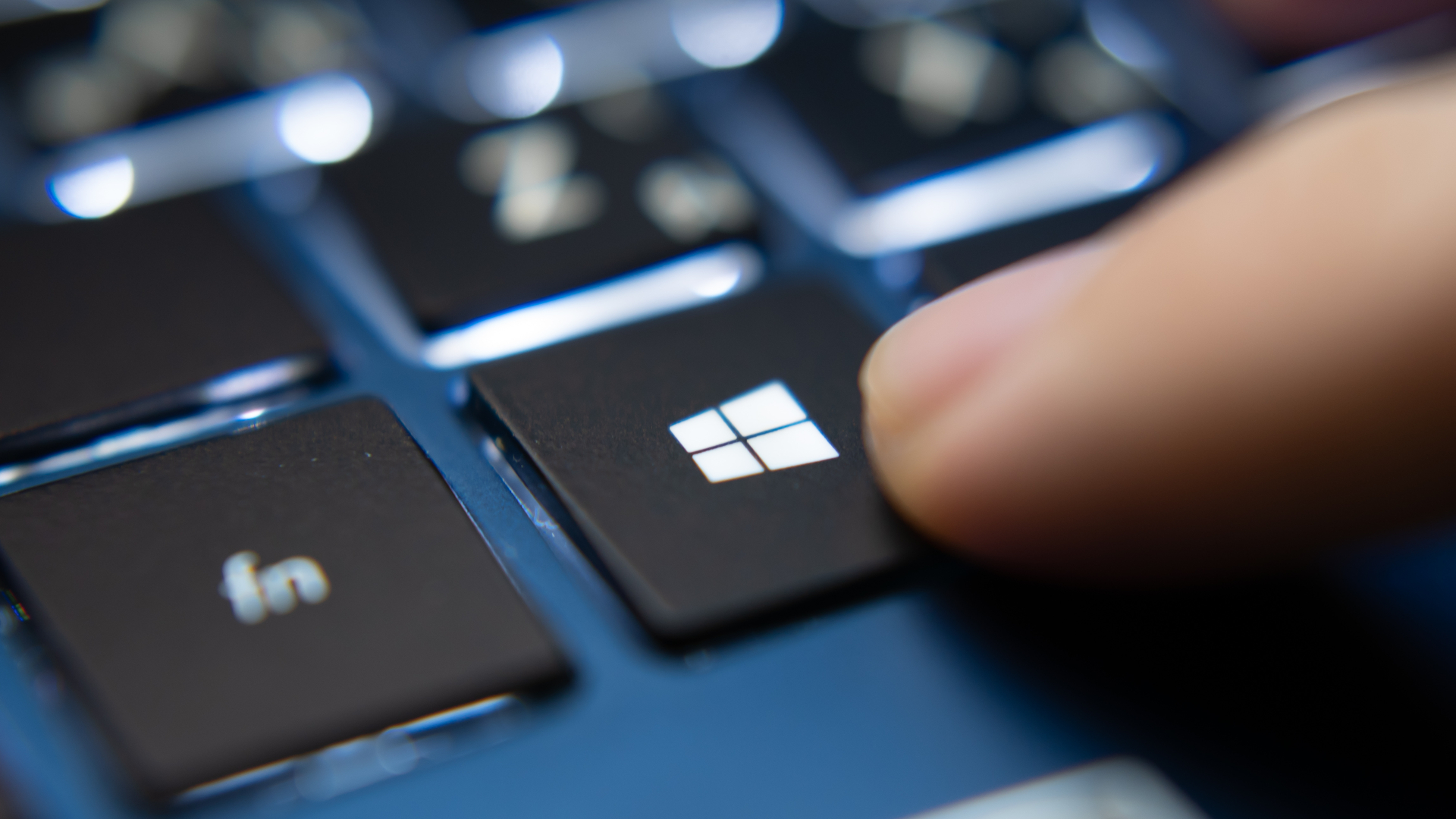Are Windows VPNs safe?
Everything you need to know about VPN safety on Windows 10

It’s well known that Windows users need to stay vigilant for malware and other threats, and some may be concerned about the risks of a Windows 10 VPN. While VPNs are generally secure and can effectively help you maintain your privacy while using the internet, it’s still important to follow basic best practices, whether you’re using a one of the top VPN services or not.
Here, we’ll explain how using a Windows VPN will affect your safety online, and any steps you should be following no matter what you’re doing online – be it using online banking or simply signing in to your Netflix account.
- Setup VPN: our comprehensive guide for all devices
Check security measures
Every VPN is different, so it’s tricky to make generalizations about their security. That said, most VPNs from reputable providers are extremely secure, and Windows arguably has access to the safest VPNs of any operating system.
A secure VPN will offer a wide range of protocols, along with an automatic kill switch. This will cut off your connection to the internet if the VPN ever stops working, making sure your activity is always kept safe from third parties. Different VPNs will also offer their own security measures beyond these basic features, such as DNS leak testing and split tunneling.
Always download from reliable sources
If you’re looking for a VPN, it’s crucial to download the file from a reputable source. Downloading files from third-party hosting websites is an unnecessary risk unless you got the link from the provider’s official site.
In fact, every VPN that we recommend provides a direct download of the Windows software in its own site, so we’d go as far as saying to never take the risk of downloading from a third party site – it’s been known for legitimate VPNs to be bundled with malware on third-party sites.
Furthermore, a VPN won’t necessarily prevent you from downloading malicious files. You should always be careful when getting files from unknown sources – consider getting one of the best antivirus programs if your VPN doesn’t offer malware scanning.
Sign up to get the BEST of Tom's Guide direct to your inbox.
Get instant access to breaking news, the hottest reviews, great deals and helpful tips.
Don’t let your guard down when using the internet
While a VPN will keep your information hidden from your ISP, network administrator, and other third parties, it won’t protect you from other types of attacks. Phishing, for example, is responsible for the majority of data breaches, and a VPN won’t offer any additional protection against such attempts.
Overall, you need to err on the side of caution whenever using the internet, especially when entering sensitive information, like login credentials or credit card numbers. Always confirm the URL of any site that asks for personal data, especially if you received the link in an email or SMS – and check the claimed sender’s real website through Google to see their verification steps.
Upgrade to a paid VPN for maximum security
Some free VPN services are reliable, but there are many reasons to consider upgrading. Paid VPNs typically offer better performance and transparent privacy policies.
Free providers, on the other hand, are often unpredictable, and many of them rely on selling customer data to generate income. A few dollars a month is literally a small price to pay for the security that comes with a paid VPN from one of the leading providers.
Which VPN do we recommend for Windows?
All things considered, ExpressVPN is our pick for the top VPN on Windows 10 in 2020. Of course, it’s far from the only reputable option – Surfshark, NordVPN, Hotspot Shield and more all offer competitive values.
However, ExpressVPN stands out from the competition in terms of price, features, and value. With servers in nearly 100 countries, blazing connection speeds, and reliable access to multiple streaming services, ExpressVPN has everything that one would need from a VPN.
While some users may prefer certain features of other top VPNs, it’s the best overall option for most Windows 10 users – and now Tom’s Guide readers can claim three months absolutely free.
- Save big money with the VPN Black Friday deals
- Amazon users should have a look at the best Fire Stick VPN
- For a full walkthrough, see our guide on how to download NordVPN

Alex is a freelance writer based in New York who has previously covered a diverse range of different topics from parenthood to personal finance. His area of specialism for Tom's Guide is in VPN services and he aims to provide insightful, actionable content that can help consumers make the right decisions about which services to use and why.

